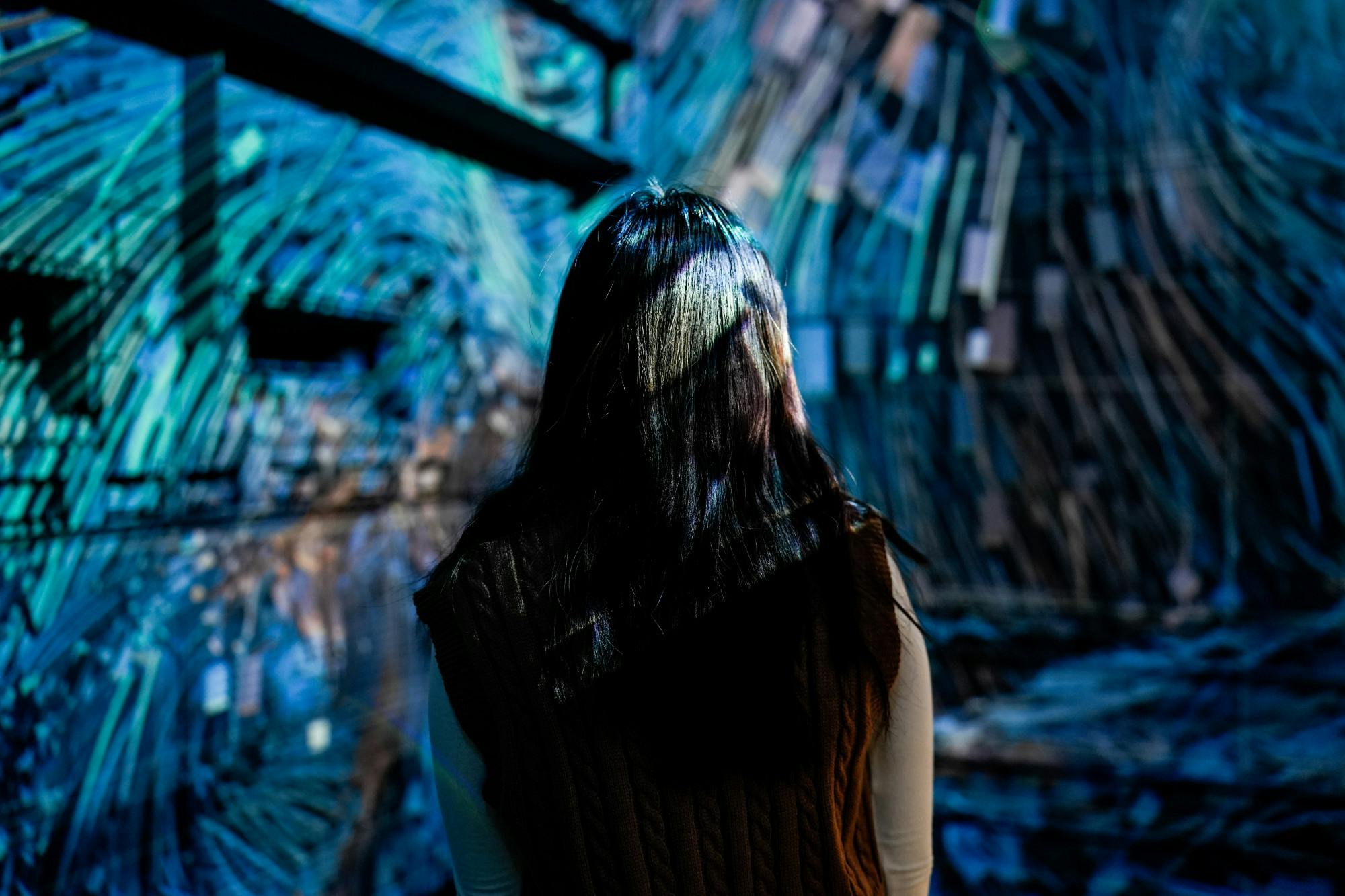Lab coats, beakers and math problem sets – all things that come to mind when thinking of STEM majors. However, for some not studying within the field, different ideas tend to come to mind.
Political science-pre-law sophomore Maddie Alleman said while many people know that STEM majors work hard, they also like to complain.
"My boyfriend and my best friend are both STEM majors," Alleman said. "I've kind of noticed that they like to complain that their majors are really hard compared to other people's majors.”
Alleman said it's fair for these people to talk about how hard their work is, but everyone has their talents and their brains work in different ways. Workloads come in all forms, which can be difficult.
Media and information senior Jack Dudek describes STEM majors as "tenacious." Having friends in the field means he can't hang out with them as much as he'd like.
“They are busy all the time doing homework," Dudek said. "I don't even schedule time for homework. I just kind of do it in a couple hours. They're like, ‘No, I'll work from six to midnight tonight.’”
Dudek said STEM majors don't see their major as harder than others because they seem to be naturally inclined to like math and science.
"Almost any field of study is going to be difficult to understand at a higher level," Dudek said. "To a certain degree, especially the workload, it just takes more time to do the homework and studying.”
Public relations sophomore Avery Tyson came from a family with STEM careers who supported her different goals. However, she never felt the same as the rest of them.
“Everyone has a doctorate, everyone has a PhD, and it created a really toxic environment of, ‘If you're not in STEM, you're not smart,’" Tyson said. "I knew from a very young age that I was not going to be in STEM ... That was difficult, especially in high school, just because I looked for different things in colleges and I wasn't applying where everyone else was.”
Tyson also said while STEM majors are intelligent in their respective areas of study, they might fall short in other areas, like communication.
While Tyson respects their homework load, she said her schedule is just as packed, with more communication-driven networking extracurriculars for her major.
“The things I do, a lot of people who are in STEM could not do," Tyson said. "I don't think their brains work in a communication way. At the same time, I could put my whole life into working to become a doctor and I don't think I could. My brain does not do science.”
According to the American Association of University Women, women only make up 28% of the STEM workforce and are vastly outnumbered by men while studying STEM in college. Despite this, most of Dudek's STEM friends are women.
“I know in general, college statistics are shifting more towards women. I don't know if STEM itself is even more than 50% yet, but it does feel nice to like there's a lot more visibility for it now at least," Dudek said.
Computer science senior Alexis Tochiki said many women in STEM are about supporting women, but there is a hint of an academic superiority complex, as well as an emphasis on workload. She said there is some truth to rumors of arrogant tendencies of many STEM majors.
“I feel like all majors have their different workloads and stuff, but STEM majors, a lot of our (prerequisites) are technical classes like calculus, physics and all that," Tochiki said. "We have to really dig deep into our brains and follow all these things that were solved before, but figure it out on our own this time.”
Tochiki's main goal is to help people understand that STEM majors are just like any other college student.
“A lot of people think that we're fully focused on academics and do nothing but academics just because we're STEM majors,” Tochiki said. “But I feel like that's just a misconception … We're normal people too.”
Support student media!
Please consider donating to The State News and help fund the future of journalism.
Discussion
Share and discuss “‘We're normal people too’: Students discuss the many perceptions of STEM students” on social media.







